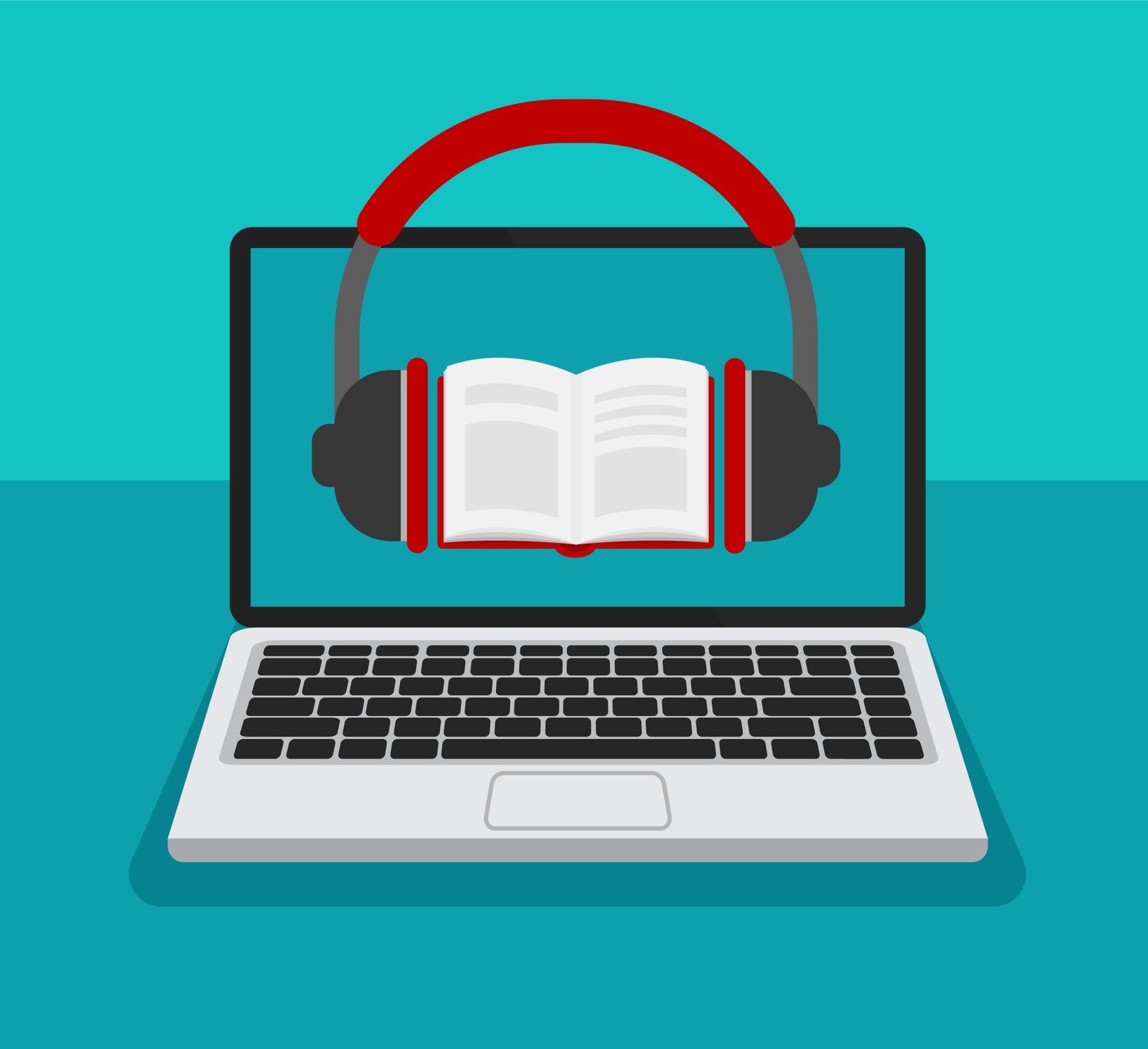Reading for Pleasure
Creating a reading culture in your school, where students are encouraged to read for the sheer enjoyment of it, is an aim that both supports a child’s literacy journey, but has far-reaching implications for the child’s mental wellbeing and social engagement. Reading for Pleasure is a wholistic approach that can be supported with diverse literacy tools (and that won’t compromise classroom time spent on other curriculum subjects!).
Cloudaloud Education’s goal of embedding audio learning in the classroom means that children who struggle to read – or just refuse – can access stories and information another way: one they may find more accessible and even entertaining. And that means greater engagement with the subject matter, their classmates, and the world at large.
“reading for pleasure increases mental wellbeing. The importance of this, especially after the roller-coaster years we have experienced, cannot be stressed enough.” - National Literacy Trust
Research by the National Literacy Trust has found that children and young people who are the most engaged with literacy are three times more likely to have higher levels of mental wellbeing than children who are the least engaged (39.4% vs 11.8%).
It also has massive social advantages. Low levels of literacy undermine the UK’s economic competitiveness, costing the taxpayer £2.5 billion every year.
Cloudaloud Education supports the overarching aim for English in the English National Curriculum (2014), which is to “promote high standards of language and literacy by equipping pupils with a strong command of the spoken and written language, and to develop their love of literature through widespread reading for enjoyment.”
It’s a mouthful, but it simply means that reading for pleasure is essential.
Children and young people must “spend time with stories, literature and other texts which will enrich their learning, develop their language skills and enable them to find enjoyment.” - Scotland’s Curriculum for Excellence (2006)
The Welsh Framework for Learning (2008) also prioritises reading for enjoyment, highlighting that readers should be given the opportunity to read for different purposes, including personal pleasure. It says that learners should experience a language-rich environment where oracy, reading and writing experiences are connected to ensure they become enthusiastic, independent and reflective readers.
Early Years Framework
The Early Reading Framework (ERF) is a non-statutory guidance document released by the Department for Education (DfE) which examines best practice in early reading, and how you can give children the best start in reading.
It looks at core areas of reading: phonics, comprehension and reading for pleasure with evidence-based practical advice and guidance for schools.
“The very best schools in our country… recognise the importance of talk, of accurate assessment, and of building a love of stories and reading.”
To develop a broad vocabulary and develop an enjoyment and comprehension of stories, children need to be given the opportunity to listen to stories and talk about them from the earliest stages.
We believe that using Cloudaloud Education in the classroom can help children expand their vocabulary, develop empathy for others, build connections and the foundations for deep comprehension of text, and – crucially – establish a love of reading, which in turn leads to greater enthusiasm for reading and reading for pleasure.

Subscribers receive:
Cloudaloud Education subscribers receive:
• A licence to access 1000s of audiobooks that can be used as a classroom and school digital library
• A Literacy Bundle of physical books: a collection of titles that correspond to audiobooks on the Cloudaloud app as a literacy support tool
• Access to additional resources, teachers’ notes, activities, and information mapped to the curriculum by Key Stage to help educators use audio in the classroom
• The first month free!

